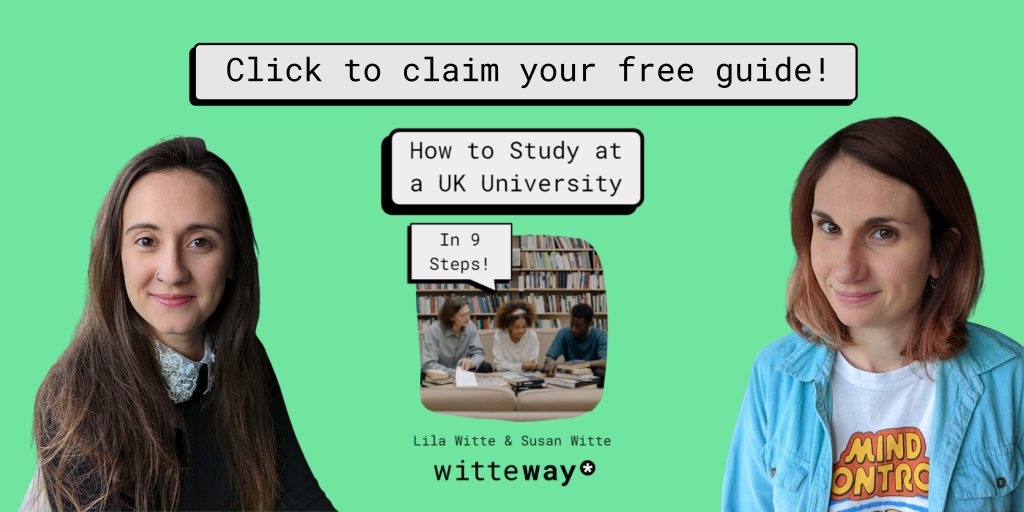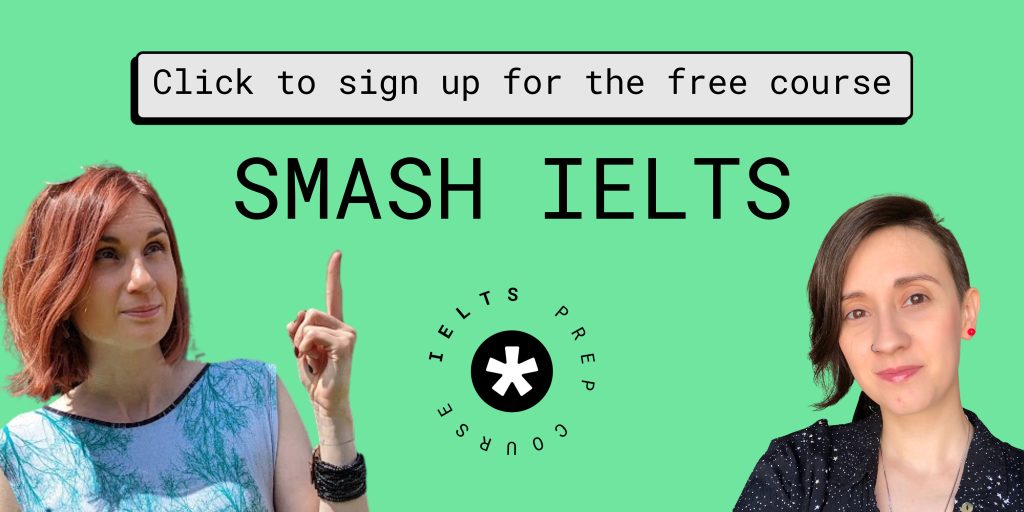If you enjoy reading in general, including in your first language, this should be easier for you. If you do not like reading, this will be more of a challenge. The key is to find something you like, a topic you are interested in, and start with that. The more interested you are, the more you will read, and practice helps immensely.
Reading practice will not only help you improve your reading, but also your writing. When we see good examples of texts, we learn strategies we can apply to our own writing, including grammar, vocabulary, sentence structure and overall text structure and development. Reading also helps us passively learn new vocabulary. We call it passive learning because we don’t have to go out of our way to check the dictionary or anything like that. Simply by reading a word being used in different contexts, we infer their meaning and use. Sometimes, that also helps us reinforce vocabulary and grammar points we have learned in the past. Once we see them being used in a text, we are more likely to remember how to use them.
If you are confident in your reading skills and you just want to get familiar with the test, you can use the internet and books that offer practice tests. However, if you truly want to improve your level, you will have to do more than practice tests. Here are some of the ways you can practise and develop your reading skills.
- Turn on the subtitles: When watching TV in English, turn on the subtitles. Even if it is a little too fast for you, your brain is reading and processing quite a lot. Doing that for about 11 hours a week (the average time people normally spend watching it) is like reading a 300+ page book per week. This is a very rough estimate, learn more by checking out the website https://turnonthesubtitles.org/ for more information.
- Read the news: If you are not that into the news, start slow. You could spend about 10 minutes a day doing that. I recommend selecting a time early in the day so that it does not disturb your routine and so that you get it out of the way and not worry about it anymore. I usually tell my students to do it as soon as they wake up. Odds are, you will look at your phone when you wake up, why not read the news for 10 minutes as you get ready to get up? If that doesn’t work for you, you can try another time which is more convenient, like lunch time or just before going to bed. Reading the news can be extremely helpful for the IELTS. It is the same type of reading you will find in the test: non-fiction, so it will contain a lot of the same language and structure. Because news reports normally follow a pattern, they can also help you develop your writing, as you will see, over and over again, the same text structure you are expected to use in your essays.
- Read a book: I understand this can be daunting. Books are long and reading them in a foreign language can be a lot. Do not put too much pressure on yourself. Accept that you might take a lot longer to read a book in English compared to one in your first language, and that is fine. You do not have to read a lot, or something very difficult. Find something you like and go with it, whether it is Alice in Wonderland, a Psychology text book or a book on how to draw kawaii food (these are all from my bookshelf, by the way). You also have the option of finding graded books if you feel frustrated, though these can be difficult to come across. They are books written in a simpler way for your level of English. English schools normally have them for students to borrow. Another option, that sounds silly, but it’s actually extremely useful, is reading children’s books. You’d be surprised the amount of useful vocabulary you’ll find in them. They also provide a lot of visuals to go along with the reading, which allows you to easily infer meaning for new words. It is an easy going way to acquire vocabulary and you can do it in a library or a bookshop if you don’t want to buy them.
- Use the internet: Social media and blogs are full of reading opportunities. Yes, there will be mistakes, but remember you do not need perfect English to practise. In real life, English is not perfect, so it’s helpful to be able to distinguish between different contexts and what errors are more acceptable and which cause people to not understand what was written.
- Read academic texts: These can be difficult but, if you are getting more confident with your reading, they are very useful. Academic language can be quite different from everyday English, so it is important to get familiar with this context. It will help you with reading, writing, and listening section 4. Again, find texts on topics that interest you to start with, then move on to new stuff. You can find these on Google scholar, science magazines, BBC science, and a lot of other websites. A lot of news sites also have a features or a science section you can check out.
Will you use any of these suggestions? Have you tried any of them before? Which ones? Tell us about your experience in the comments.
Take your English to the next level with our English + IELTS Prep course!





Will you use any of these suggestions? Have you tried any of them before? Which ones?
Tell us about your experience in the comments. 🙂


Recent Comments